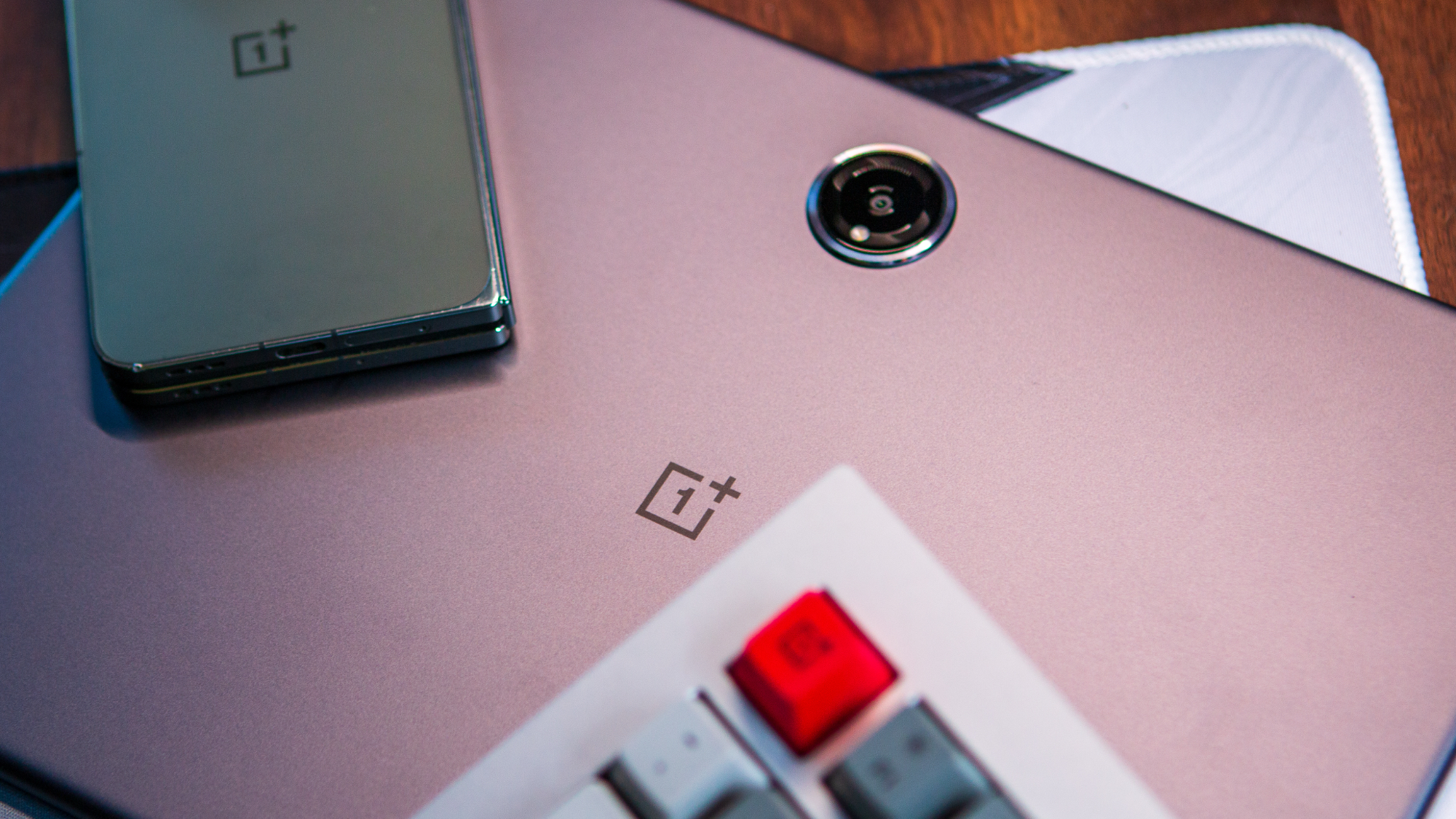Google's Bold Venture into Quantum Computing: An Ambitious Leap Forward

Inside a discreet complex of buildings nestled in Santa Barbara, California, a team of dedicated scientists from Alphabet are embarking on one of the tech giants most ambitious endeavors to date: the development of the worlds most advanced quantum computers. This project is poised to redefine the boundaries of computing as we know it, merging the realms of quantum mechanics with artificial intelligence.
Julian Kelly, the director of hardware at Google Quantum AI, expressed optimism about the future potential of quantum computing, stating, "In the future, quantum and AI could really complement each other back and forth." This synergistic relationship between quantum technology and AI could unlock unprecedented capabilities for both fields.
Despite its significant resources and expertise, Google has often been perceived as lagging behind in the fast-paced world of generative AI, especially after OpenAI made waves in the public consciousness with its revolutionary ChatGPT in late 2022. The rapid rise of ChatGPT set a benchmark that has stirred competition across the tech landscape.
In an effort to assert its leadership in the tech arena, Google took decisive action late last year by unveiling a groundbreaking quantum computing chip named Willow. This innovative chip has been touted as capable of solving complex benchmark problems at speeds that dwarf those achievable by classical computers. The advancements showcased by Willow include a notable reduction in error rates as more quantum bits are addeda development that could pave the way for practical applications of quantum computing.
John Preskill, the director of the Caltech Institute for Quantum Information and Matter, hailed this achievement, stating, "Thats a milestone for the field. Weve been wanting to see that for quite a while." Preskill's endorsement underscores the significance of this technological leap, suggesting it could mark a turning point in quantum computing research.
With Willow, Google finds itself at the precipice of a new technological era. This breakthrough not only positions the company to potentially lead in quantum computing but also opens avenues to commercialize these innovations. As the AI landscape evolves, many leading models are beginning to encounter limitations due to a scarcity of high-quality data. Many AI systems have already exhaustively scraped available data from the internet, necessitating creative solutions to continue advancing.
One promising application of quantum computers lies in their ability to generate new, novel data. Kelly elaborated on this potential, stating, "One of the potential applications that you can think of for a quantum computer is generating new and novel data." This capability could prove invaluable, especially as AI models seek to expand their learning datasets.
Kelly pointed to the groundbreaking AI model AlphaFold, developed by Google DeepMind, which assists scientists in studying protein structures and was awarded the 2024 Nobel Prize in Chemistry. He noted, "[AlphaFold] trains on data thats informed by quantum mechanics, but thats actually not that common." This highlights the intersection of quantum mechanics and AI, suggesting that quantum computers could generate data rich in quantum mechanical insights, which could enhance AI training processes.
Looking ahead, Kelly is hopeful about the timeline for breakthroughs, indicating that Google may be just five years away from achieving a practical application that can only be effectively solved on a quantum computer. However, for Google to truly capitalize on this potential and lead the next major platform shift, it will be essential for the company to translate these scientific breakthroughs into viable commercial products.
For a more in-depth look at these developments and what they mean for the future of technology, be sure to watch the accompanying video.



























